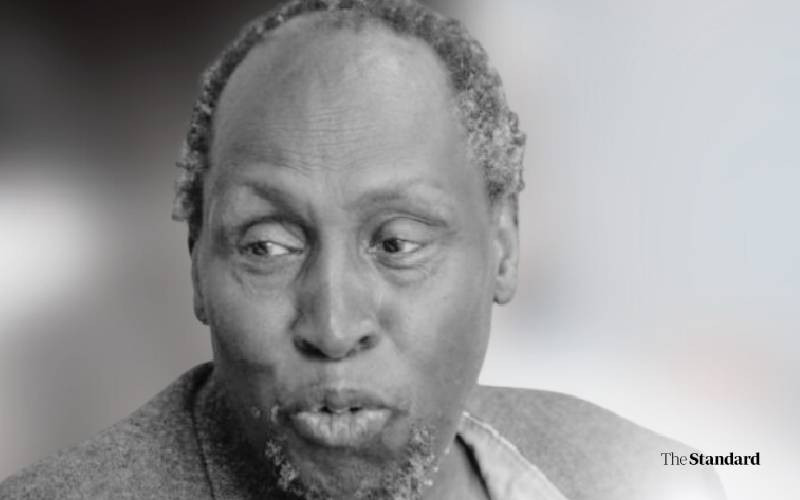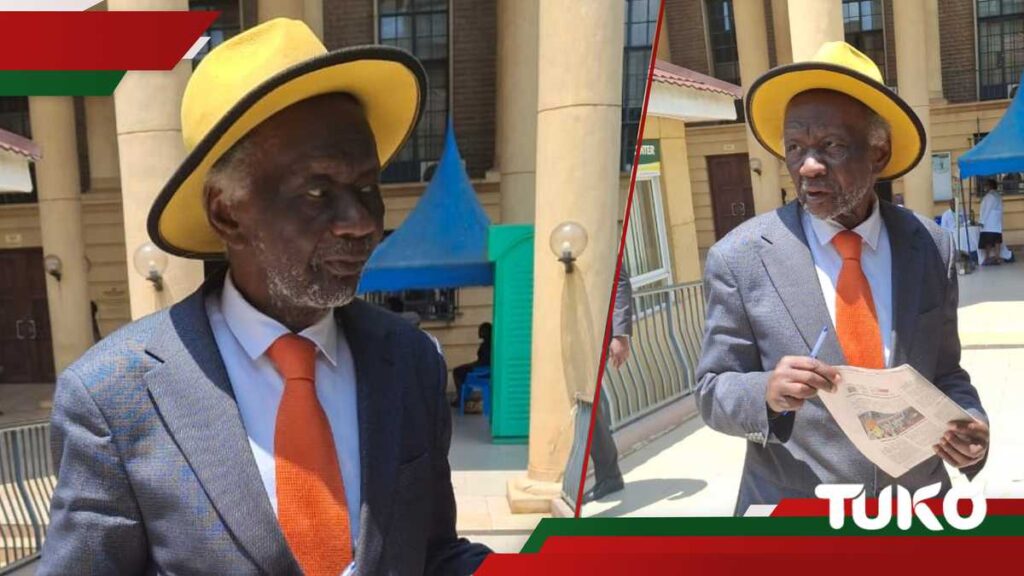Kenyans from all walks of life continue to mourn the death of renowned author and academic, Professor Ngũgĩ wa Thiong’o, who died on Wednesday.
The news of his passing has triggered an emotional wave of tributes across social media platforms, learning institutions, and academic circles, both in Kenya and around the world.
Many Kenyans, particularly members of Generation Z, have remembered Ngũgĩ for the literature they studied in high school, which left a lasting impact on their understanding of Kikuyu culture and the broader Kenyan identity.
“I remember reading The River Between and Weep Not, Child in school. His stories weren’t just assignments—they shaped how we saw our country and ourselves,” said Grace Wanjiku, a student at Kenyatta University.
She added that his books enhanced her appreciation of literature and improved her public speaking skills. “What a celebration of life. If there was ever a man in the hills who lived and touched many, here is one. I have nothing but joy to have met him and been mentored by his writing,” she said.
Alphonce Mbati, a Nairobi resident, eulogized the late professor as “a towering giant of Kenyan literature.” He said, “Thiong’o was courageous and bold. He will remain the champion of literary emancipation and innovation in the hearts and minds of many.”
Nancy Osumba, a fourth-year literature student at Pwani University said, “Ngũgĩ wa Thiong’o was more than a writer; he was a voice for the people.
His words will live on. He helped shape how we see ourselves and how we write ourselves into the world.”
Hassan Ibrahim, a pharmacist based in Garissa, said, “If I could change careers, I would wish to be a writer that people talk about all the time like Thiong’o. He also changed the way I think, differently from the people around me. Knowing all the languages but not your own language is self-enslavement—that’s Ngũgĩ’s quote. The thing I wish I had known earlier from Thiong’o is that no matter how a person tries to block or diminish your dream, have self-confidence and believe that you will reach the level you dream of.”
According to an English high school teacher in Mandera, Thiong’o made his teaching journey a passion that he wishes to pursue continuously. He said the author inspired him to become an English teacher because of literature.
“My students are always keen on the way I teach and ask how I can vividly describe the stories in the books. I told them it is Ngũgĩ who made this journey easier for me. I wish the upcoming young generation would continue keeping his work alive by reading more of his stories, as they will shape them into the creative young people they aspire to be.”
Born on January 5, 1938, in Kamiriithu, Kiambu County, Ngũgĩ wa Thiong’o will be remembered for a literary career that spanned decades and defied boundaries.
His notable works include The River Between (1965), Weep Not, Child (1964), A Grain of Wheat (1967), Petals of Blood (1977), and Wizard of the Crow (2006).
In 1977, his politically charged play I Will Marry When I Want, co-authored with Ngũgĩ wa Mĩriĩ, led to his detention without trial. During his imprisonment, he penned Devil on the Cross—his first novel written in Gikuyu—on prison-issued toilet paper, marking a powerful act of cultural resistance.
Stay informed. Subscribe to our newsletter
His impact is well remembered and cherished by many, as the themes in his stories reflect the lived experiences and struggles of citizens around the world.
A rebel who refused to write in the language of his colonizers, he decolonized the mind and reawakened the soul of Africa.
By motivating the youth to embrace and fight for their mother tongue, Ngũgĩ showed that nothing is lost when you take pride in your roots. He didn’t just tell stories—he told the truth.

























